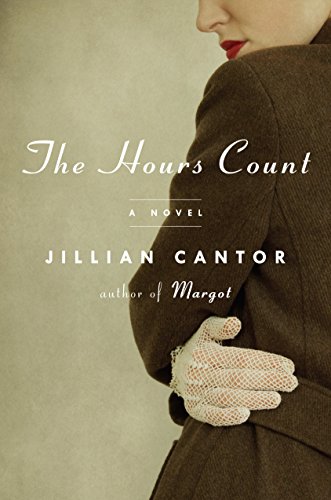The Hours Count
In June 1953, the U.S. executed alleged spies Ethel and Julius Rosenberg. Cantor tells the Rosenbergs’ story, beginning in 1947, through the first-person narrative of their fictional apartment neighbor, Millie Stein.
Ethel and Millie, both mothers of young children and married to co-workers, form a deep friendship. Millie’s husband is a recent immigrant from Russia, and the Rosenbergs have ties to Russian sympathizers and communists. Times in their Knickerbocker Village of New York City are a constant challenge. Senator McCarthy is on a rampage, the Soviets are exploding hydrogen bombs, and good jobs are hard to find, particularly for Russian immigrants. On top of that, the Steins’ first son is autistic and disdained by his father.
The roughly first half of the novel portrays Millie’s daily life and her growing bond with Ethel. Cantor transports the reader into that time and place through vivid details, true human interactions, some poetic lines, and an author’s voice that fits. Millie and the Rosenbergs elicit understanding and empathy. These aspects reflect Cantor’s deep research (summarized nicely in the Author’s Notes) into the Rosenbergs and the likely grave injustice of their incarceration, trial and sentencing.
The remainder of the novel tells of the FBI investigations, informers and counter-informers, and the resulting chaos. The games played by the FBI and its informers, though well-paced, ring less true than the first half of the story. Several hard-to-accept plot twists and actions by the key FBI informant will disappoint some readers.










